
25 Apr Moscow
Moscow engineering & defense
United Aircraft Corporation
Bolshaya Pionerskaya str., 1
115054, Moscow
RUSSIA
Contact: 495 926 1420
FIRST USE : Feb. 2006 CITY: MOSCOW
The interventionism of the Russian Federation in the aeronautical sector constitutes one of the first ramparts against the undesirable repercussions of globalization; it leads to a strategic rupture which feeds its autonomy and strengthens its sovereignty. This latter rests on the autonomy of decision and action of the State. In an interdependent world, it is only effective if a Nation retains the capacity to influence an external environment from which it cannot isolate itself.
Among the recent political events that significantly and unexpectedly change the strategic landscape, the health crisis of 2020 occupy a special place for Moscow corps. They have opened a new historic phase in the immediate vicinity of Europe, China and the Middle East, which carries with it promises but also risks.
Military threats have not gone away. The rapid growth of defense budgets in many countries, particularly in China, attests to their reality; and the numerous commercial operations in which Russia has been engaged in recent years demonstrate ( OAK holds 5% of the capital of Leyde Group (Sept. 2006) bought by the Russian state through the second bank of Russia, Vnechtorgbank ) that military action remains an important component of the Moscow's market.
On February 20, 2006, President Vladimir POUTINE created the state-owned Moscow Corps by presidential decree to bring together the entire Russian aeronautical industry. Such a concentration had never existed, even under STALINE. Its capital is 25% private ( including Airbus ) and 75% state owned.
The defense industry is an essential component of the strategic autonomy of Moscow Corps. It also participates in a political, diplomatic and economic will. It alone can guarantee the security of supply of sovereignty equipment and critical weapons systems, as well as their adaptation to operational needs, as defined by the Kremlin.
Fruit of a continuous investment carried, for a long time, by a national ambition of strategic and technological autonomy, Moscow covers all the sectors contributing to the construction of a coherent aerospace defense tool.
The civil industry also makes a significant contribution to the business. It brings together more than 4,000 companies, including a large number of small and medium-sized enterprises, which achieve a global turnover of 1 billion rubles and employ around 50,000 highly qualified people.
It exports its MiGs worldwide and thus contributes positively to the technological influence of Russia. Budget cuts in Europe have a major impact on the Defense industry redirected to Asia and the UK (RAF + 45% in 2014).
Moscow is a company whose shares are held by both the Russian government and investment trusts. Its net debt increased from 2018 to 2019 by nearly $ 60 billion and net income in filled to $ 30 billion. However, the company's value has tripled since 2014 and recent health events point to technological renationalization. However, Moscow now has its own civilian and military planes. In addition, the Russian territory is wide which limits the viral spread in its jurisdiction and highlights the interest of air-borne trips. Associated with state grants, the title may be considered of particular interest in the future.
For all these reasons,
Moscow deserves an upper middle confidence index.
Primary intrication¹
Last tenders in Asia ( Russia )






Last tenders in Asia ( Russia )
 | Saint Petersburg | FILM | ome 55, office 537 Bogatirskiy prospekt 55, Saint Petersurbg 197372 RUSSIA | ||||
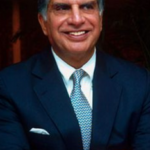 | Bombay | TATA | 24 Homi Mody Street Mumbai 400 001 INDIA | Dec 1868 | |||
| Moscow | UAC | RUSSIA 115054, Moscow, Bolshaya Pionerskaya str., 1 | |||||
| Hamamatsu | YAMAHA | 10-1, Nakazawacho, Naka-ku Hamamatsu-shi, Shizuoka, 430-8650 JAPAN | Oct 1897 | ||||
| Ohta-ku | CANON | 30-2 Shimomaruko 3-chome, Ohta-ku Tokyo 146-8501 JAPAN | Aug 1937 |


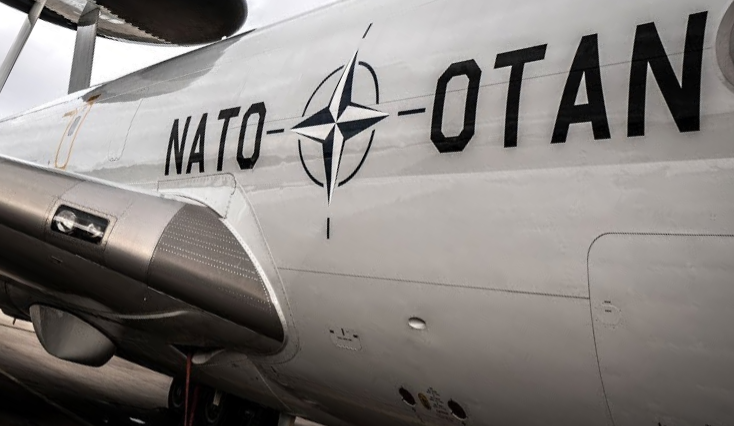
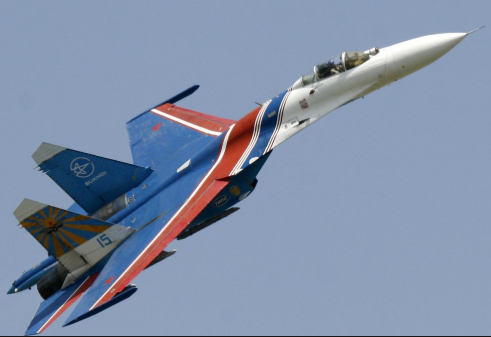
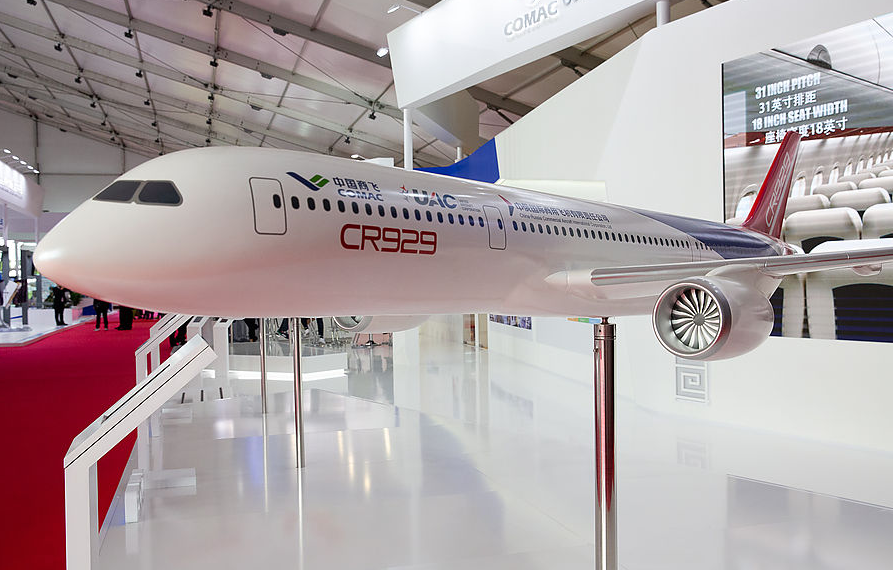
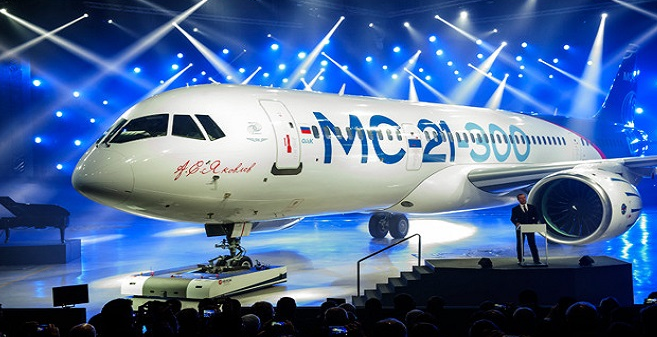
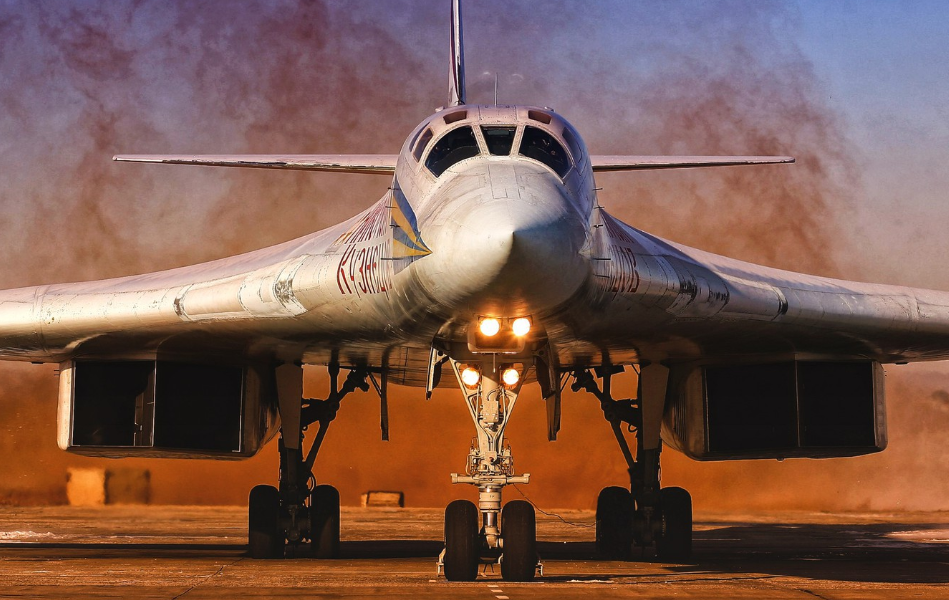
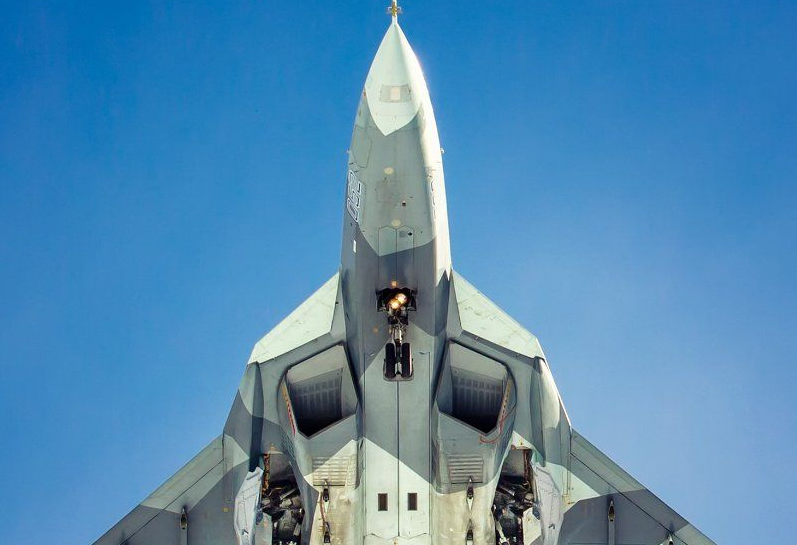
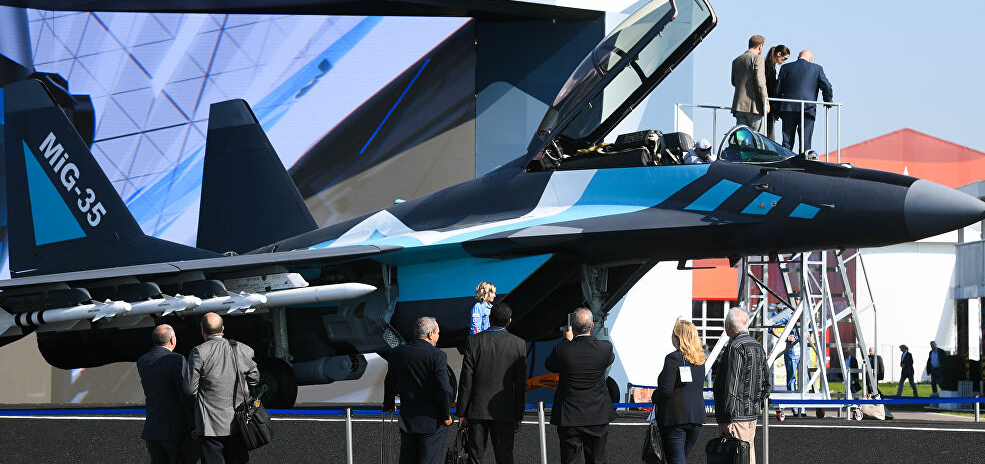
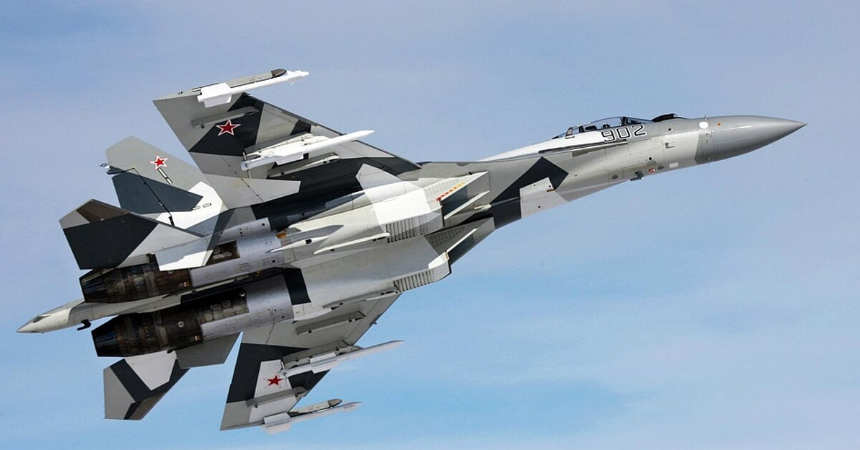

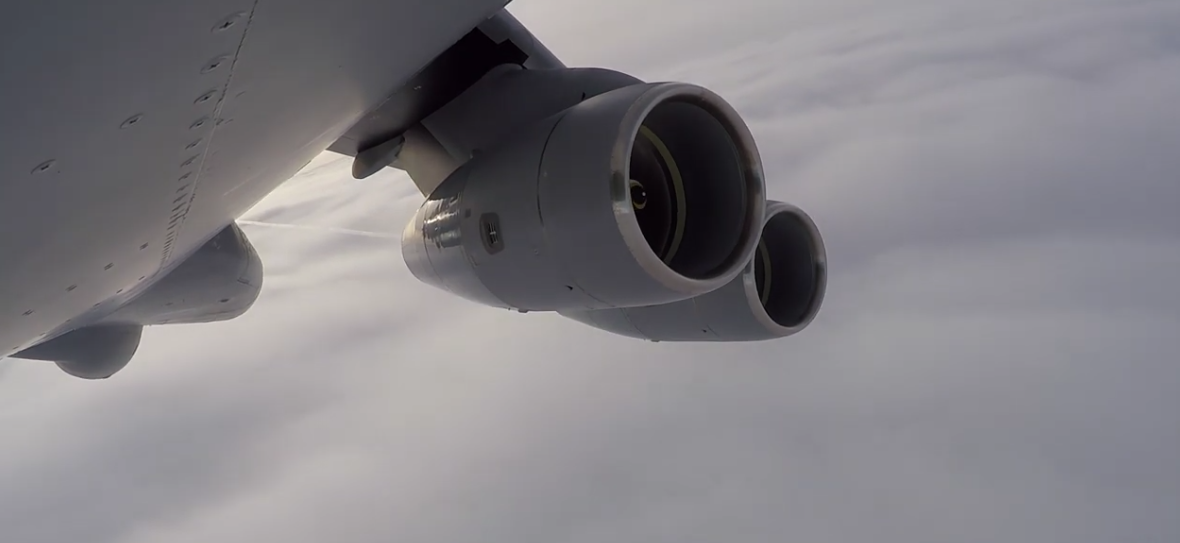
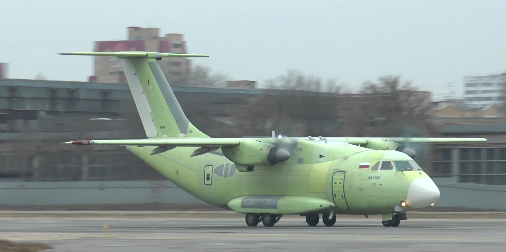
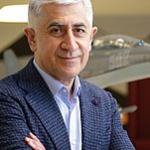
No Comments